Homeopathy, Saviour of Sleep!
Who doesn’t like a good nights sleep? Wrapped up all nice and cosy, especially on a cold winter’s night; it makes one’s eyelids feel all heavy just thinking about a beautiful, soft pillow and deliciously warm covers. But for those suffering from insomnia, often the mere thought of some shut-eye fills them with a sensation closer to dread.

Many insomniacs liken their inability to sleep as torture. Lying for hours alone in the dark with nobody but your own thoughts for company can make time feel very long. There’s no escape, unless you are in the mood to do the ironing, or you’re brave enough to go for a midnight jog. The frustration of waiting the hours it takes to get to sleep is enough to try the patience of a saint. And for those regularly suffering from insomnia, a saint would be a long way from how they feel since lack of sleep can leave us feeling raw and irritated. Thankfully, there are some very effective and supportive options for insomnia that may help to improve sleep quality as well as quantity. You never know, you might end up being one of those sleepers who never wake up unless the house is burning down!
Side effects of Insomnia
Lack of sleep seems to rip away our normal everyday filters. Those filters usually allow us to get through our everyday lives without all the subconscious emotional ups and downs intruding too much into our actions. So, whatever we have simmering away in there is usually what bubbles up to the surface when we go without sleep.
The most common symptom I see in my clients (usually perimenopausal women, mothers with small kids, and children with behavioural issues) is irritability. Following closely after that would be exhaustion, daytime tiredness, difficulty concentrating, anxiety, memory issues and brain fog. Poor sleep also contributes to compromised immune system function and generalised inflammation, leading to a whole list of chronic conditions such as an increased risk of type II diabetes for example.
I have also seen research that sleep deprivation causes a similar state of intoxication to drinking alcohol. So, next time you are severely sleep deprived maybe think again about that long drive.
Over time, lack of sleep can greatly affect all aspects of our lives, from our health to our emotional wellbeing. However, knowing this is not exactly helpful for those who would do just about anything to get a good night’s sleep.
Foods that may exacerbate Insomnia
It’s a vicious cycle. The last thing a wired, overtired person wants to do is go to extra effort to make nutritious meals. Unfortunately, many of the easy foods that we grab because they are quick and require little effort, are often loaded with substances that can exacerbate insomnia.
Here is a list of foods that may exacerbate or cause insomnia:
- Caffeine containing foods and drinks (including chocolate)
- Alcohol
- Processed foods
- Sugar and sweet foods
- Large amounts of unrefined carbohydrates such as rice, pasta, crackers, chips, potatoes and bread
- Lack of protein, healthy fats and fibre
- Energy drinks
- Super spicy foods
- Huge meals just before bed
- Aged foods that can contain large amounts of histamines and other inflammatory substances
- Acidic foods, or those filled with salicylates (such as the nightshades), amines and other overstimulating/irritating substances such as MSG commonly found in takeaway meals
- Foods that cause allergies and/or intolerances

Suggestions to improve sleep
Eat foods high in protein and quality fats such as lean meats, properlysoaked legumes and other whole foods to ensure satiety and balance blood glucose.
Tryptophan containing foods such as turkey and other poultry, eggs, salmon, spinach, seeds, bananas, nuts and milk can assist in producing melatonin – our beautiful sleep hormone.
Ensure you have good strong stomach acid to be able to absorb your nutrients.

Choose foods high in magnesium, zinc and other minerals and vitamins such as the rainbow of vegetables (ie eat the rainbow every day).
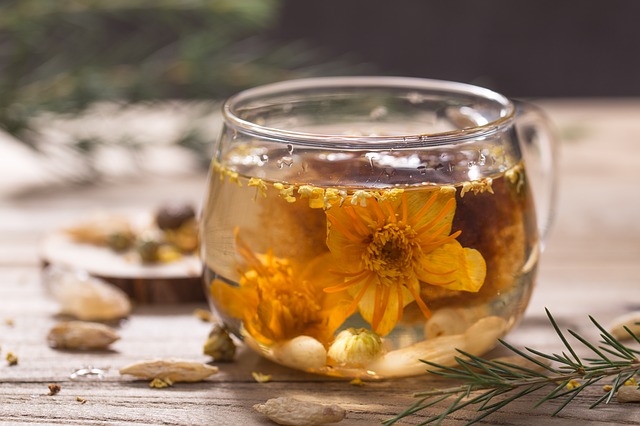
Herbal teas such as chamomile, passionflower, lavender, and lemon balm may be helpful for assisting in relaxation and sleep quality.
Ensure that you get into a habit of moderate exercise every day, although try for earlier in the day rather than last thing at night as it can raise stress hormones for a few hours and be very stimulating.
Hop into bed around 9.30pm, asleep by no later than 10.30pm if you are reading or meditating or having fun with your partner (or yourself).
Keep bed for sleeping, reading, meditating and having fun with a partner (or yourself).
No screens at least 1-2 hours before bed.
Get at least 20 minutes of sunlight if possible during the brightest part of the day (sunlight helps produce melatonin once the sun goes down).
Avoid bright lighting once the sun has set (this suppresses melatonin production).
B group vitamins, Magnesium and zinc are very important nutrients to assist in quality sleep as they are required for melatonin production.
Check for heavy metals which can interfere with nutrient metabolism.
Avoid checking to see what time it is if you are struggling to sleep, as it will likely cause stress around how much sleep you are not getting.
Support liver function if you are getting to sleep but waking up in the early hours of the morning before the birds.
Support and check on blood glucose and adrenal function if you are waking up hungry and needing to eat in the middle of the night.
Check iron, magnesium and blood glucose levels if you are being kept awake with restless legs.
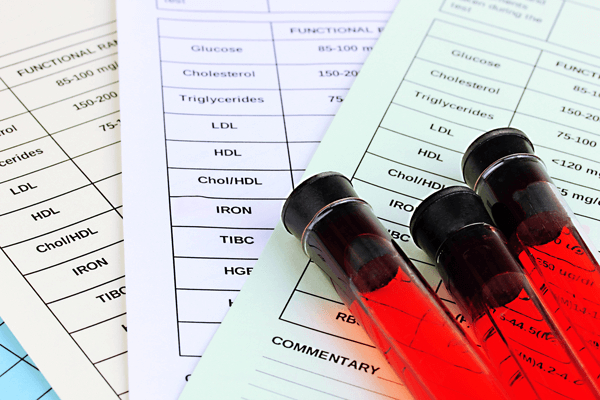
Perimenopause and hormone fluctuations can also exacerbate insomnia – ensure these are supported in the best way possible.
Find ways to disconnect from the day’s stressful events, such as a mindfulness app or yoga nidra practice, in order to wind down before lying down and shutting your eyes.
Look into the now extensive range of noise cancelling or white noise devices if you are affected by every tiny little rustle.
Find a way to sleep separately to a loudly snoring partner.
Homeopathy and Insomnia
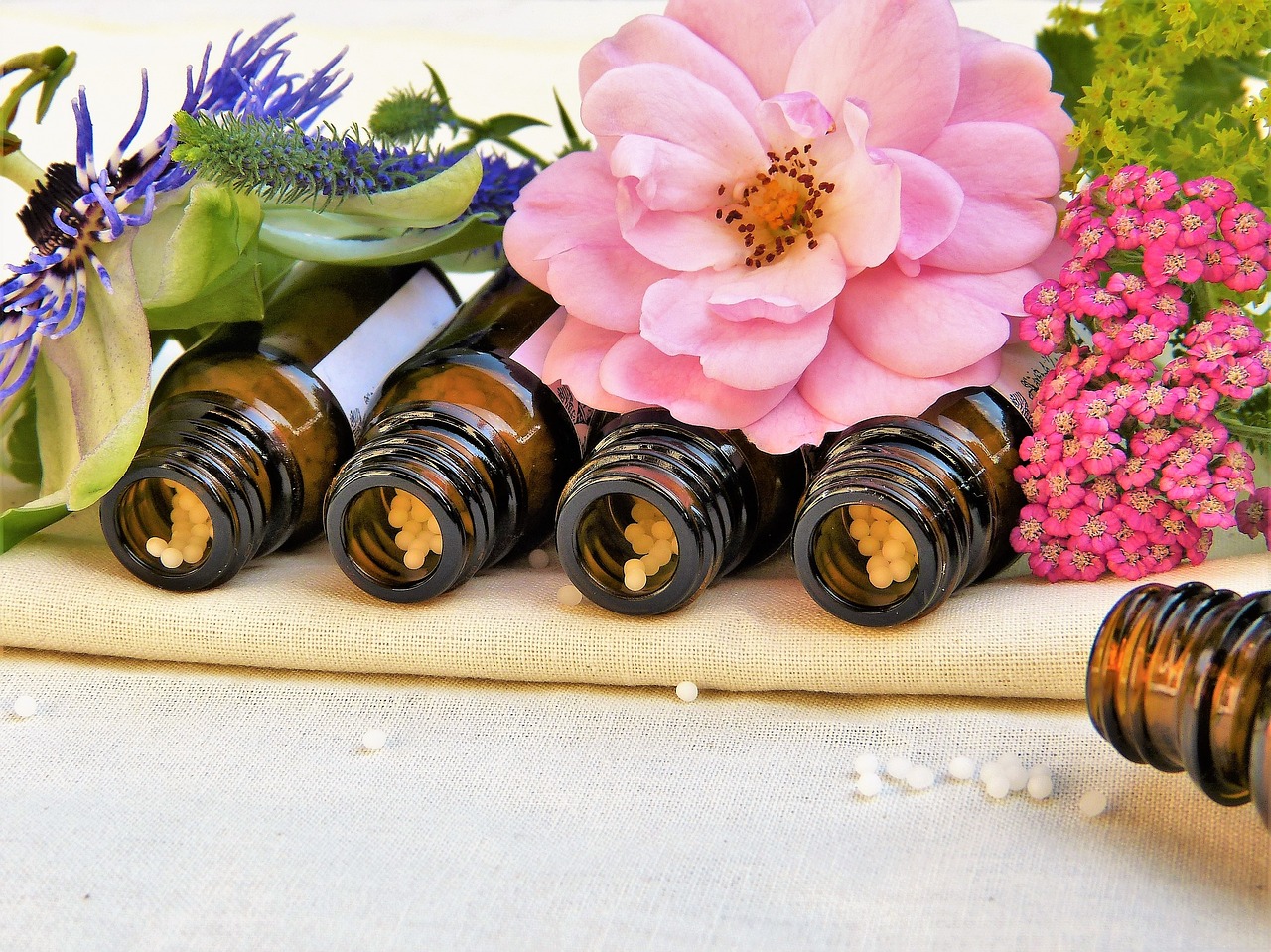
I have saved the best for last! When you visit your local homeopath for insomnia, it is likely they will ask you many questions about the nature and known causes of your sleep issue. You will also be asked about sleep apnoea, which can be a major contributor to sleep problems. Please note, it is important to seek medical advice if you suspect you suffer from this, as there can be some rather nasty side effects if it continues untreated. Whilst homeopathy can often be effective with a whole range of sleep issues, using the best of what conventional and complimentary medicine can offer, especially for serious complaints, will go further to ensure the best outcome possible.
Here are some homeopathic remedies that may support sleep, but please take into account that everybody’s experience with insomnia is different and what may help one person might not assist another:
Nux vomica – waking at liver time (around 1-3am), or unable to fall sleep at all. Extreme irritability, anger and impatience. Insomnia may be accompanied by nausea, belching, bloating, constipation and a wired feeling. Craving for stimulants such as coffee, sweets and spicy foods which can make everything worse. A love of alcohol which causes terrible hangovers and sleeplessness. Inability to relax, combined with a constant desire to get things done and tick them off the list. May poke and prod at others to get up and stop relaxing and be productive as well, even on their days off.
Coffea cruda – Made from the coffee bean, this remedy may be helpful in situations where it literally feels like you have drunk many cups of coffee. Feeling overstimulated, jittery, unable to relax and possibly prone to throbbing headaches are all symptoms that may be assisted by a dose of Coffea. The nerves are overexcitable, everything becoming acutely intense. Agitation and restlessness are commonly seen in this remedy picture.
Aconitum napellus – this remedy commonly found in homeopathic first aid kits is well known in homeopathy for supporting people who have had a big shock. For those who have heard bad news, or have been in an acutely traumatic situation, a dose of aconite may assist in settling their nerves enough for them to fall asleep. Characteristic symptoms of someone who may benefit from a dose of Aconite include pacing, agonising in fear, an intense thirst and possibly some nausea.
Arsenicum album – this remedy is also commonly found in many homeopathic first aid kits. Arsenicum can be very useful in situations of anxiety where the person may worry that someone is in the house or trying to get into the house. There may be a lot of concern around the doors and windows being locked, and about everything perfectly in its place. They may also not feel comfortable about being alone. Chilliness and thirst in small sips of cold water may also be present.
Ignatia amara – this remedy can give support during acute grief after loss. For those who are unable to sleep due to the stress of grief, Ignatia may assist in settling overactive nerves after the shock of losing a loved one. The Ignatia type is one who prefers to be alone to express their grief and will be keen to be alone and away from well meaning friends and family.
Pulsatilla pratensis – this remedy can be very soothing for those who are weepy, needing someone by their side and anxious. It can be especially helpful for those who have suffered grief and, unlike those needing Ignatia, Pulsatilla types wish for friends and family to stay close by. They may be thirstless, having to force themselves to drink, and might only be able to manage a nibble or two on a croissant.
Chamomilla matricaria – this remedy is usually given to teething babies when they are in the throes of pain and irritation from teething, leading to hours of night time crying and screaming. This remedy may also come in handy for adults who have tooth pain from dental work or braces, where the pain has made them oversensitive and cranky. In babies, Chamomilla is given when there is a lot of arching back, capriciousness and frustration, worse at night and better for being carried and bounced.
Passiflora incarnata – used in low potency, Passiflora can be very helpful for general calming of the nervous system, relaxation and settling anxiety. It can be used alongside other remedies to assist in soothing insomnia and relaxation.
Please note – these are only some of the remedies we use in the clinic to help support clients who struggle with their sleep, and there are many homeopathic remedies that may be used for helping with insomnia. If none of the homeopathic remedies mentioned above match your sleep symptoms or if symptoms persist, it may be best to seek professional support.
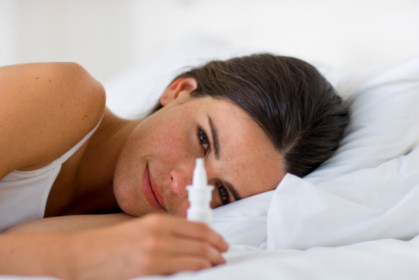
Children with insomnia
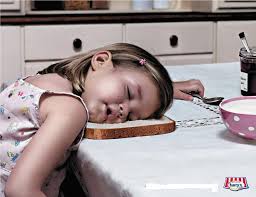
I must mention here that homeopathy can also assist with childhood insomnia or sleep issues as well. A homeopath will look very thoroughly into the causes of your child’s sleep problems and prescribe a remedy to gently rebalance the problem lying at the heart of the issue. Many children have nightmares, night terrors or fears around going to bed where it’s lonely and dark and they’re away from Mum and Dad. Others suffer from reflux or colic, especially if they’re very little babies and their digestive systems are still getting used to milk or solids. Maybe they have intolerances that haven’t yet been detected.
Some kids have snuffles or coughs that make it hard to breathe when they’re lying down. Maybe it’s just general anxiety that seems a whole lot worse when there’s no more noise and bustle of daytime to keep their attention diverted from their thoughts. Whatever the reason is, from a child’s point of view those night time hours feel even more endless than from a grown up’s perspective. Where the night time visits are a source of comfort for a sleep challenged child, they can be a source of extreme frustration for a chronically sleep deprived parent, and finding long term solutions for your child’s sleep issues will benefit the whole family dynamic. If your child is struggling with insomnia, getting to sleep, or staying asleep, it may be best to seek out a homeopath who specialises in insomnia and homeopathy in order to not only assist in their sleep, but also for the sake of the family.
- The importance of Muscle Mass in menopause - 12/03/2025
- Penny’s gluten free bread recipe - 14/10/2024
- Children and bedwetting: What can parents do to help? - 01/10/2024



